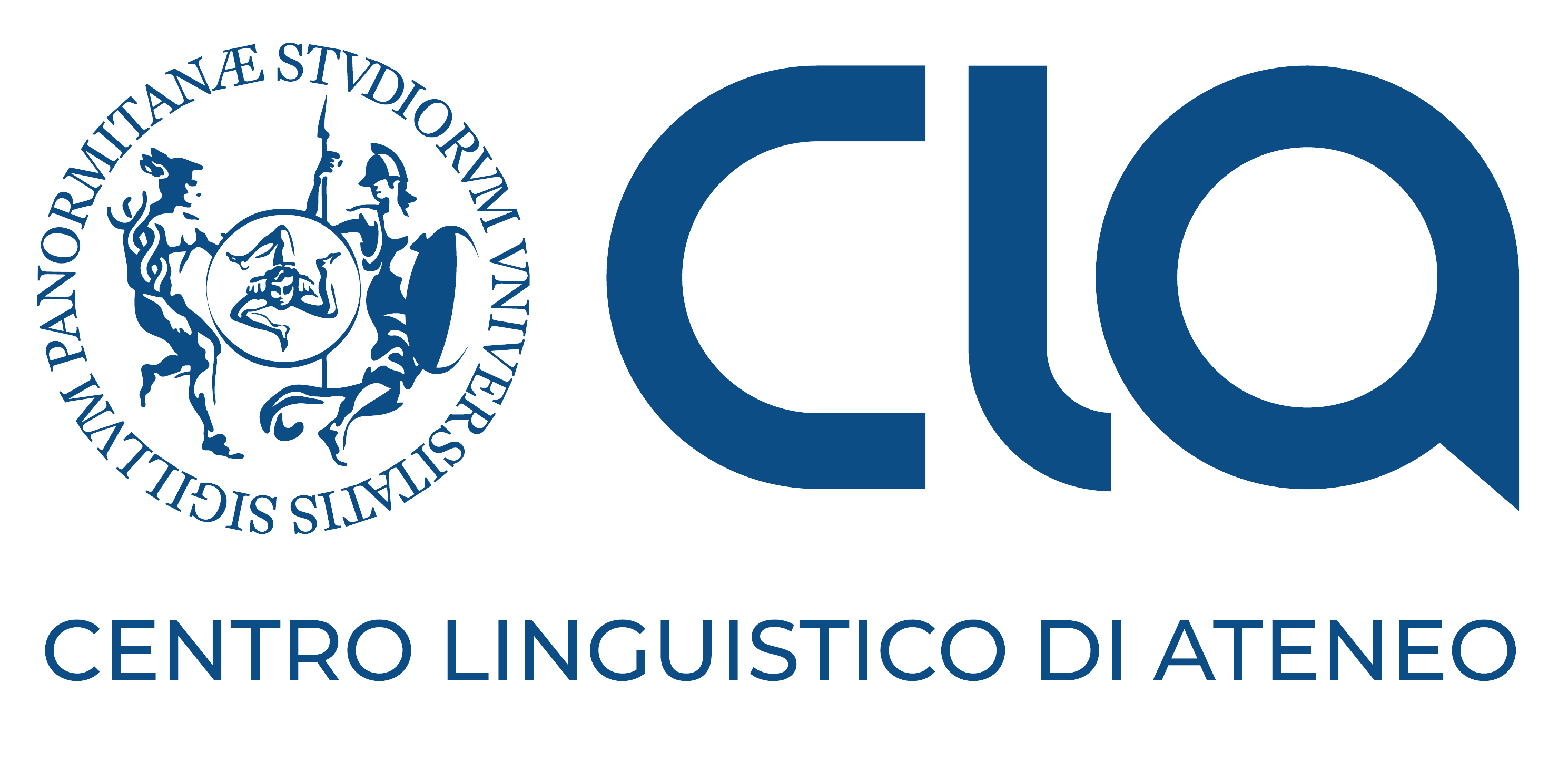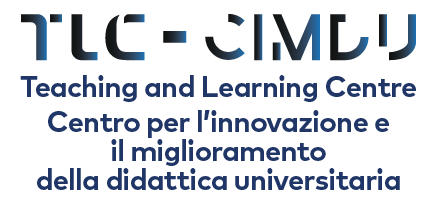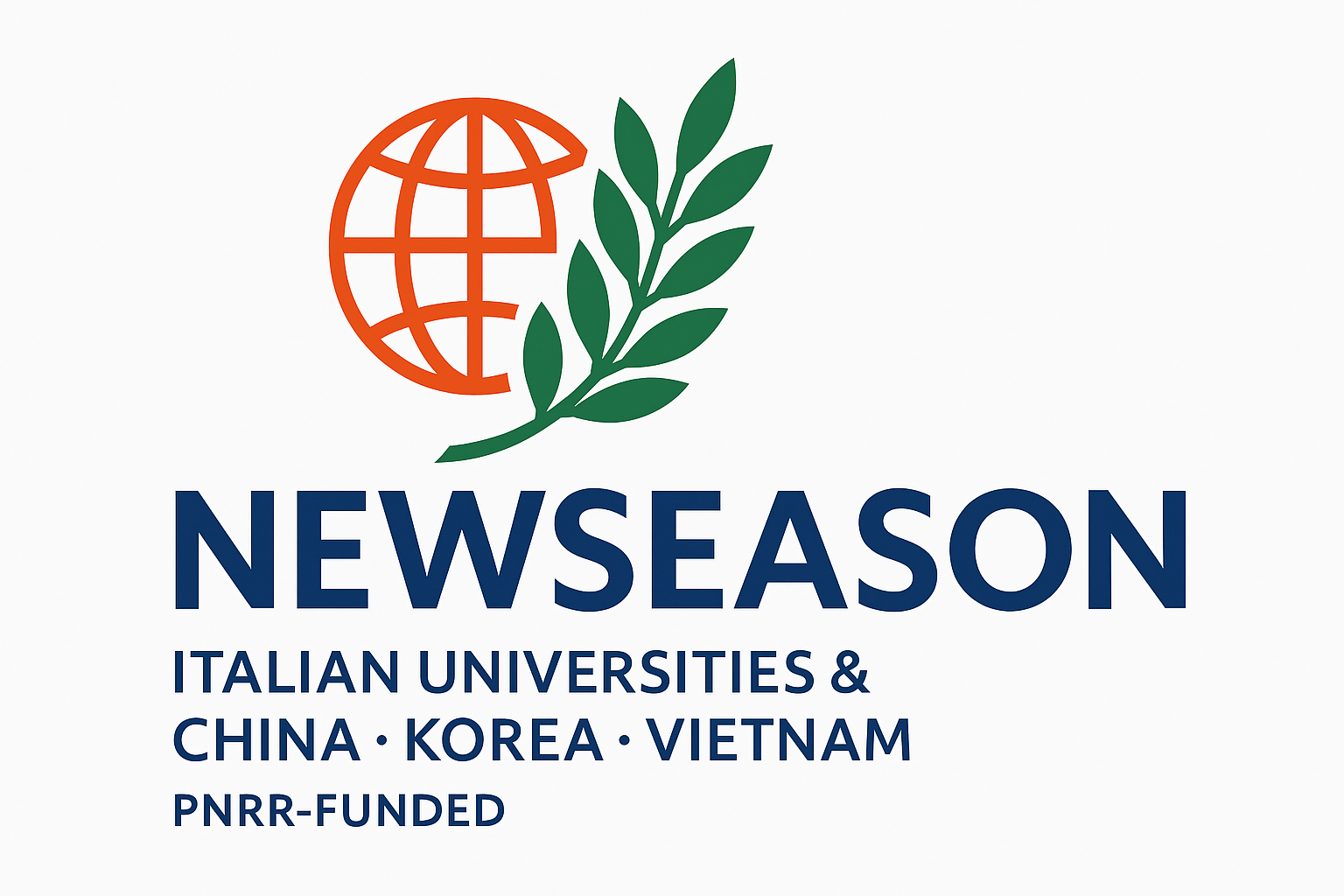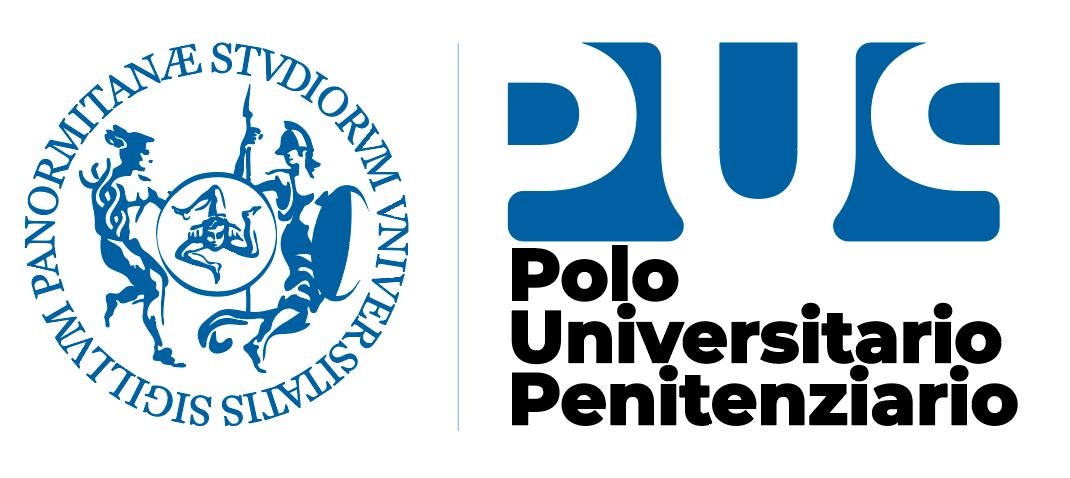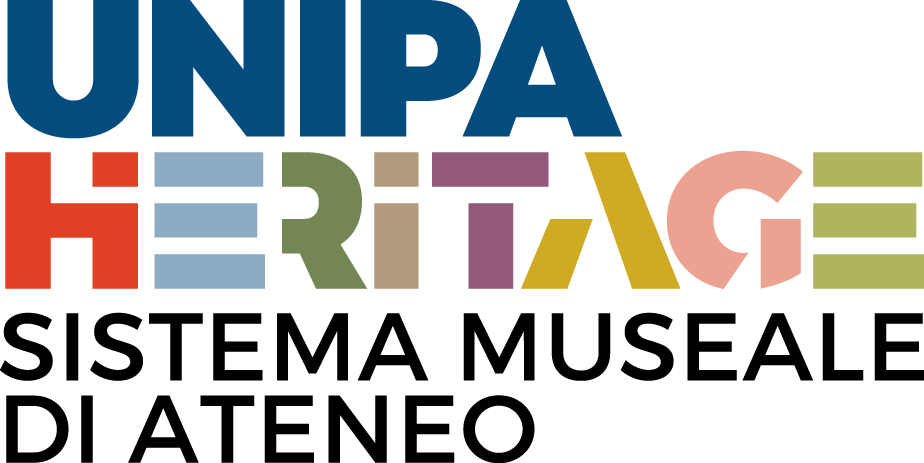Seminar Invitation – A.S.Cent. UniPa Visiting Fellows Prof. Kevin Li and Prof. Carol Liang (July 11, h. 15:00, Aula Grasso)
Dear Colleagues and PhD Students,
I am pleased to invite you to a seminar organized in the framework of the A.S.Cent. Centre for Advanced Studies(https://www.unipa.it/strutture/centre-of-advanced-studies/), a UniPa initiative that fosters scientific exchange and collaboration with distinguished scholars from around the world. The Centre reflects UniPa’s strong international orientation and commitment to academic excellence.
The seminar will be held on Friday, July 11th at 3:00 PM in Aula Grasso, and will feature two eminent researchers currently visiting our Department as A.S.Cent. Visiting Fellows:
Prof. Kevin Li, University of Windsor (Canada)
Prof. Carol Liang, Nanjing University (China)
Both colleagues will be staying in Palermo for the month of July as part of our international cooperation initiatives.
The seminar will include the following two talks:
Kevin Li
Title: A Co-Opetitive Game Analysis of Platform Compatibility Strategies Under Add-on Services
Abstract:
Large-scale platforms (LSPs) with valuation and awareness advantages have enabled competing small-scale platforms (SSPs) to be embedded in their platforms. This compatibility strategy creates a new channel, the compatible channel, through which customers can purchase services from an SSP via the LSP. Meanwhile, more platforms have been introducing add-on services to enhance their profitability. This study develops stylized game models to characterize the interaction between an LSP and an SSP, and explores their strategic and operational decisions on platform compatibility under add-on services. Our major research findings are as follows. First, we identify the conditions for platform compatibility: compatibility becomes an equilibrium strategy if the proportion of demand through the compatible channel falls within an intermediate range. Second, compatibility has opposite impacts on service pricing: At a low proportion of demand through the compatible channel, the two platforms engage in a price war; otherwise, they both raise prices. Third, we find that homogeneous add-on services stimulate rather than inhibit compatibility due to different foci of the two platforms. Finally, we conduct model extensions to further verify the robustness of the conclusions. Our results provide important implications to the burgeoning debate on when platforms should implement compatibility to achieve a win-win scenario under a variety of settings.
Carol Liang
Title: A Biform Game Approach to Store Brand Introduction and Production Mode Selection in a Platform Supply Chain
Abstract:
Store brand (SB) introduction has become a critical business strategy for many e-commerce platforms (EPs). EP’s SB introduction decision involves both competition with the incumbent national brand (NB) manufacturer (NM) and cooperation with the SB producer. Existing research typically employs noncooperative games to characterize the interactions among different players. In contrast, biform games integrate noncooperative and cooperative games into a unified framework to simultaneously account for competition and cooperation. As such, this paper takes a biform game approach to investigate SB introduction and production mode selection in a platform supply chain consisting of an EP, NM, and third-party manufacturer (TM). Our analysis yelds the following results. First, introducing SB is not always beneficial for EP. When product substitutability is lower than a threshold, EP benefits from introducing SB. Second, product substitutability and manufacturing entry cost are two important factors affecting EP’s optimal SB production mode. When they are both low, EP prefers to produce SB in house. Once the manufacturing entry cost is higher than a threshold or product substitutability is high, EP chooses to co-produce SB with TM. Cooperating with NM is EP’s optimal strategy under a higher manufacturing entry cost and intermediate product substitutability. Third, EP’s SB introduction tends to benefit NM as well, but their interests are not always aligned. This interest divergence can be mitigated by a proper side payment.
I warmly encourage all colleagues, and especially PhD students, to attend this event and take the opportunity to interact with our distinguished guests.
Looking forward to seeing many of you there.
Best regards,
Ivana Lo Nigro




















